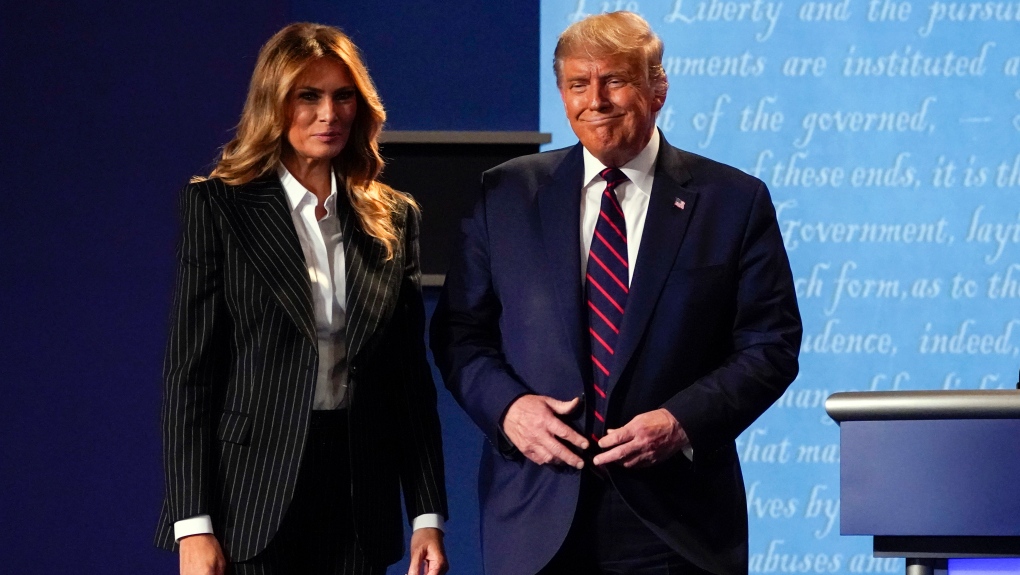Amazon Prime has secured the exclusive global rights to a documentary film that will offer an unprecedented behind-the-scenes look at the life of First Lady Melania Trump. According to Fox News Digital, the documentary is slated for release in theaters and on streaming platforms worldwide in the latter half of 2025.
Filming for the highly anticipated project began in December 2024. The documentary will be executive produced by Melania Trump herself and Fernando Sulichin of New Element Media, with Brett Ratner of RatPac Entertainment directing. As filming progresses, Prime Video is expected to provide further updates on the project and release plans once finalized, Fox News Digital reports.
An Amazon spokesperson expressed enthusiasm about sharing this exclusive story with a global audience, stating, “We are excited to share this truly unique story with our millions of customers around the world.”
The announcement comes shortly before Mrs. Trump is set to return to the White House as First Lady of the United States. It follows the release of her memoir, Melania, which hit the shelves several months ago.
The book provides an intimate look into Melania Trump’s life, sharing personal anecdotes and family photos that had never before been made public. Since its release, Melania has remained at the top of best-seller list.
In addition to the memoir, Melania Trump launched a digital photography series in November 2024, titled On the Move, which showcases her life during the 2024 campaign and at home.
In an interview last year, Mrs. Trump revealed that, if given the opportunity to serve as First Lady once again—starting on January 20, 2025—her focus would remain on initiatives that support the well-being and development of children, ensuring they have access to the resources they need to fulfill their potential. She emphasized her commitment to creating safe and nurturing spaces for children to learn and grow.

During her first term as First Lady, Melania Trump championed the “Be Best” initiative, which aimed to improve the welfare of children, including hosting virtual roundtables on foster care and advocating for legislation that secured funding for grants to support youth and young adults in foster care.
The bill, which provided funding for college, career school, and training opportunities, was signed into law by then-President Donald Trump in December 2020.
Since leaving the White House, Melania Trump has continued her work in children’s welfare through the “Fostering the Future” initiative, which provides educational opportunities and scholarships for children in the foster care system.
She has also launched a series of special edition Non-Fungible Tokens (NFTs), with a portion of the proceeds supporting this cause. Many of the students in the “Fostering the Future” program are currently enrolled in colleges and universities across the United States, focusing on fields such as technology and computer science.
Reflecting on the process of writing her memoir, Melania Trump shared last year, “Writing my memoir has been an amazing journey filled with emotional highs and lows.
Each story shaped me into who I am today.” She noted that although the process was at times daunting, it was ultimately rewarding, offering her an opportunity to embrace her strength and the value of sharing her truth.
